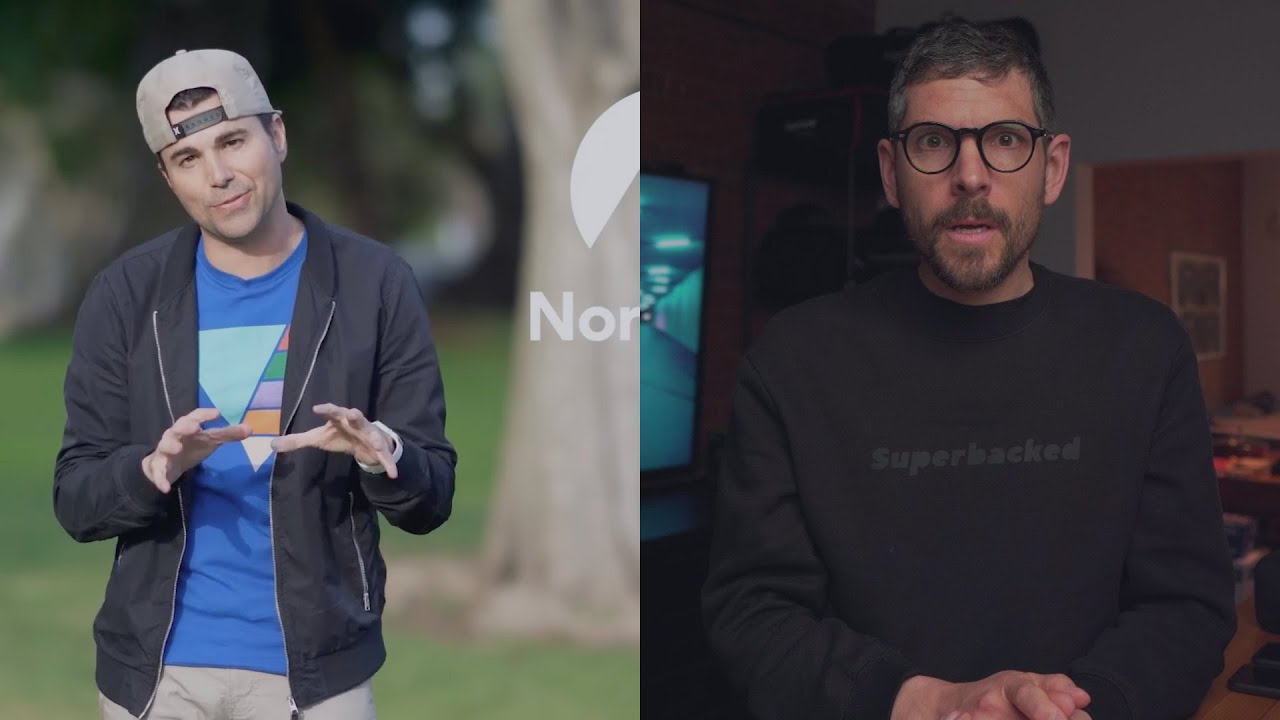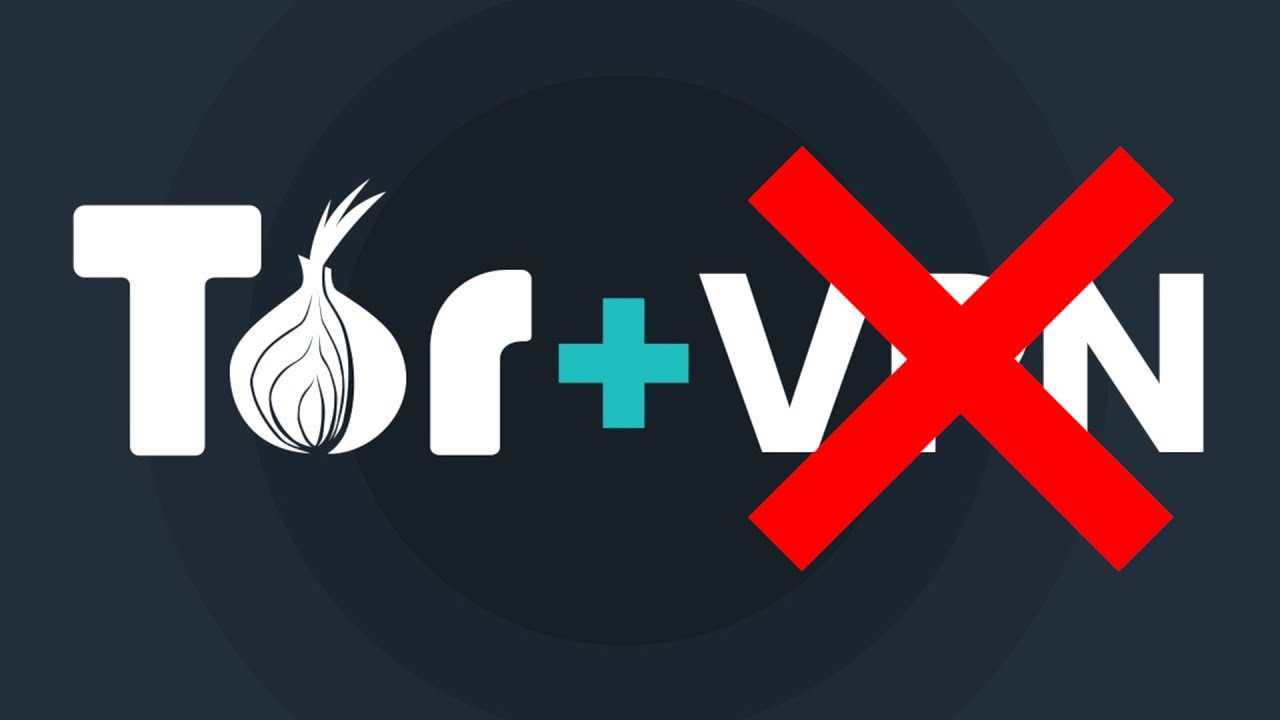Maybe to simple, forgets to mention that consumer VPNs are not point to point encrypted tunnels, something I have always thought was a important bit of information.
Maybe that’s just me.
PPTP is not a secure VPN protocol, and should never be used in any situation where security is a factor.
Oh you misunderstood what I was getting at my friend. A consumer VPN encrypts traffic from the client to a VPN server but reverts to clear text (in the sense of not encrypted) to the destination. So back on the public Internet.
A commercial VPN like Juniper and Cisco (and others) are true tunnels point to point. Nothing to do with the protocol.
My VPN encrypts the traffic from my device to the server then from the server back to my device. So end to end encryption. Unbreakable by all but the top armed forces ppl. Even has deep packet scanning. So while they know I’m on the net they haven’t a clue what I’m doing on the net. So I’m not worried. So not entirely sure what your point is regarding an old style pptp. The Protocol is the encryption. Here is a brief excerpt from my Proton VPN.
Encrypted network traffic
Proton VPN encrypts all network traffic using either AES-256 or ChaCha20, both of which are extremely secure.
VPN connections that use the OpenVPN or IKEv2 VPN protocol are secured with AES-256. While no encryption cipher is unbreakable, it would take even the most advanced computer billions of years to break AES-256 with a brute-force attack.
If you use the WireGuard VPN protocol, your connection will be encrypted with ChaCha20, which is an advanced encryption cipher that is just as secure as AES-256 and slightly faster.
Perfect forward secrecy
Proton VPN only uses encryption ciphers and VPN protocols that support perfect forward secrecy. This means that each time you connect to our VPN, you generate a unique set of encryption keys. This way, even if a future VPN session is compromised, your past sessions will remain secure.
Ahh I think I understand what you’re getting at now. Modern VPNs don’t actually create a tunnel, which really isn’t needed. The whole point of the “simple” explanation is it’s “like” a tunnel, but far more secure and for my VPN end to end encrypted and therefore private. Tx for the info.
All of that is true Miki but your finally destination isn’t the VPN server.
Let’s say you start the VPN then visit my website, you are creating a encrypted tunnel to the VPN server but it has to be decrypted at that server.
The rest of the way from the VPN server to my website will be in the clear (unencrypted).
It has to be that way because the destination (my website) can not decrypt the data.
A Cisco VPN is a box you install on a network, your clients, works, partners whoever, download a Cisco VPN client, go through a authentication process and can now login to the network through that encrypted tunnel, in the business that is referred to as a point to point encrypted tunnel.
I am not trying to be a jerk here, I taught this stuff for Sun MicroSystems and for Oracle, Sun sold a similar box many years ago.
My point in the comment is that last leg from say a Chicago VPN server owned by IPVanish to my server in Ohio is not encrypted and a lot of users don’t understand that because it isn’t exactly advertised by the consumer VPN companies, I suppose for obvious reasons.
Got ya. But as I mentioned, it doesn’t matter. The data back from your site through my VPN server now becomes encrypted to me and enreadable, but also from the VPN server to your site it is now an “anonymous” connection and not seen to be connected to me in any way.
Whats your take on ProtonVPN vs ExpressVPN? I have both and decided to renew my sub with ExpressVPN for one more year mainly because I plan on traveling and living overseas for a few months and want to test how they both fair. I know ExpressVPN has been good to me while traveling but I’m unsure about ProtonVPN as I only recently started using it earlier this year and only mainly due to it coming with ProtonMail which is the main reason I started with Proton. I’m unsure who has more connections worldwide
Would using the Tor browser be the best option for anonymity? I saw a video where the guy stated that people who use a VPN alongside the Tor browser defeat the purpose and leave them more open. It doesn’t matter much unless you are doing something illegal. But then again, it’s something people should be aware of if they live in countries where the government doesn’t allow many rights to its citizens.
I don’t see how using a VPN and the Tor browser with “defeat” security of both, no logical reason to think that.
Your question is off topic and I don’t want a problem by answering it but…
The VPN is going to make a connection to the VPN server as talked about before, then you use the Tor browser that will connect to the first onion router in the Tor circuit, that connection will be in the clear.
My point is it didn’t add much security other than the source IP address is now that of the VPN providers server.
The next thing to think about is performance, if you ever used Tor it tends to be slow as a result of the routes through multiple onion routers ( web servers with Tor software) and you are adding the overhead of encryption by using a VPN on the first leg of that journey.
So personally I wouldn’t do it but that’s me. Tor is very good at hiding your IP address and of hiding the IP of the servers in the case of a .onion link.
Express VPN is an excellent product and from my use several years ago, has always had great customer service. If it works for you and you’re familiar with it, then that’s all that matters. I only went with Proton as it’s a full package, from VPN, to cloud storage, e:mail aliases, password vaults, and the list goes on. It is expensive compared to say SS, but I got a 2 yr plan at a very reasonable price and the updates come almost weekly. The site has very in depth tutorials and they even have a customer blog to discuss Proton with fellow users. I haven’t a clue if Express has any of that or what it’s pricing options are. Tx to @Timwort for his very knowledgeable reply to you. He knows his stuff and gives sage advice, so from there it’s mostly up to your needs.
“too simple?” not for the technical-ignorant wondering what a VPN does.
To answer your question I’ll link the video where the guy discusses this. I’m not that very knowledgeable to defend either side of this argument. I wanted to know if what this guy saays has merit. I believe in the first video he mentions the tor and that got me curious so I went and found the 2nd video. I’m curious on your perspectives. I believe you are still pretty anonymous but you leave yourself open to being tracked through the VPN itself if I understood their explanations
I don’t use Tor although I do have the option. I have Proton VPN and surf safely and anonymously. Their new Stealth protocol even has deep packet scanning protection. Not sure I had a question to answer other than my lack of knowledge with the present day Express VPN.

